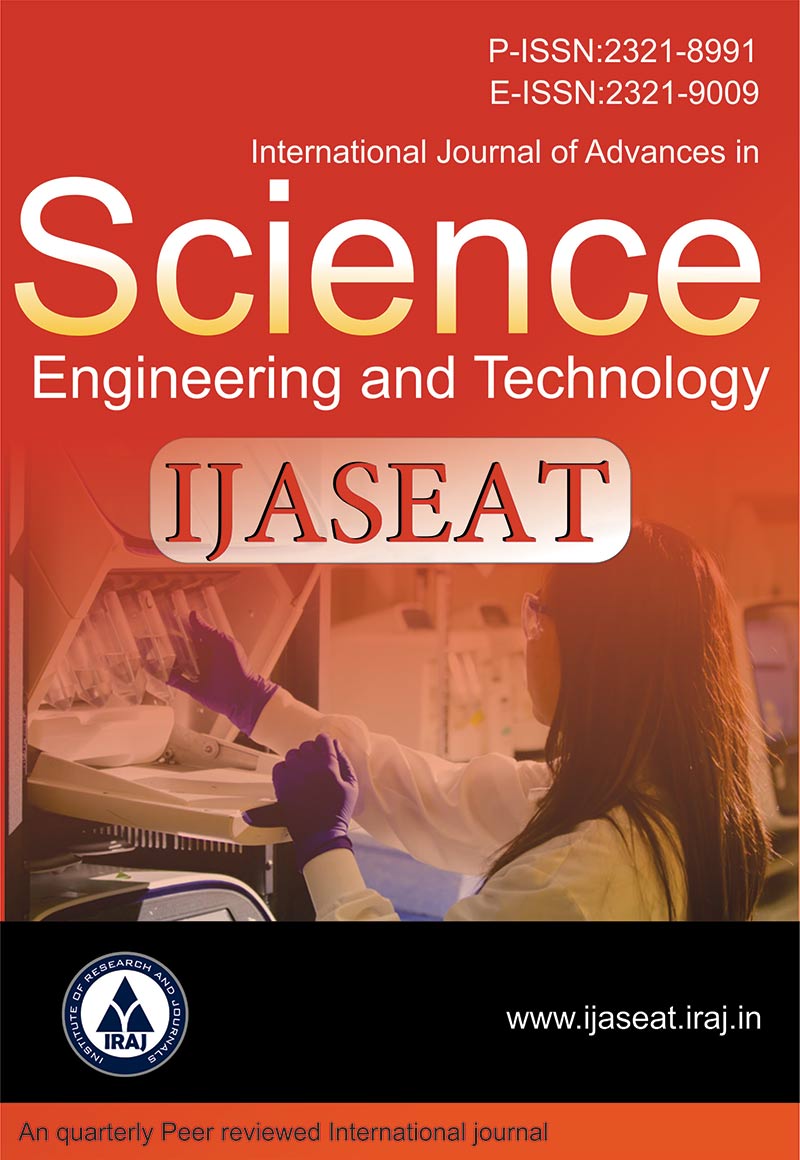Publish In |
International Journal of Advances in Science, Engineering and Technology(IJASEAT)-IJASEAT |
 Journal Home Volume Issue |
||||||||
Issue |
Volume-6,Issue-1,Special Issue - 1 ( Feb, 2018 ) | |||||||||
Paper Title |
Evaluating the Initial Impact of Jeddah Road Traffic Accidents Awareness Campaign | |||||||||
Author Name |
Mohammed Babgi, Mohammed Jeddawi, Abdulaziz Aldahlawi, Soha Alomar, Abdulrahman Sabbagh | |||||||||
Affilition |
College of Medicine, King Saud Bin Abdulaziz University for Health Sciences, King Abdullah International Medical Research Center, Ministry of National Guard Health Affairs, Jeddah, Saudi Arabia. College of Medicine, King Abdulaziz University, Jeddah, Saudi Arabia Department of Neurosurgery, King Abdulaziz University Hospital, Jeddah, Saudi Arabia | |||||||||
Pages |
54-60 | |||||||||
Abstract |
Objective: According to World Health Organization (WHO), road traffic accidents are responsible for over 1.25 million casualties each year. In Saudi Arabia, road traffic accidents and their mortalities account for 4.7%, of all mortalities. We conducted a study within an awareness campaign and aimed to assess and then help improve public awareness of RTAs. Furthermore, we aimed to evaluate the initial impact of the awareness campaign. Method:MThis study was a cross-sectional in design, and included 135 visitors to the Redsea Mall using a convenient sampling technique. A questionnaire consisted of a demographic section, and questions concerning the awareness of RTA’s causes and injuries, as well as the attitude of participants in driving their vehicles were distributed twice, before and after the campaign. We aimed to assess visitors’ awareness and attitude, and campaign’s initial impact. Results: In the study, 62% (n=82) of the participants believed that speeding is the most common cause, while 31% (n=41) believed that distraction is the most common cause. 40% (n=48) of participants exceed the speed limit, of which 67% (n=32) were 25 years old or less representing a significant difference compared to those aged more than 25 years (p-value = 0.002). 41% (n= 49) reported a non-distractive phone usage behavior before the campaign, in comparison to 71% (n= 65) after the campaign (p-value = 0.001). While 92% (n=122) of participants believe that children are to be seated on their specialized car seat, 56% (n=74) of them do not use it. Conclusion: The study showed acceptable awareness of RTA causes, and considerable number of participants exceeding the speed level. Although knowledge regarding children safety was also acceptable, majority of participant do not use it. The campaign impact was significantly positive in raising the awareness in the majority of the study parameters. | |||||||||
| View Paper | ||||||||||